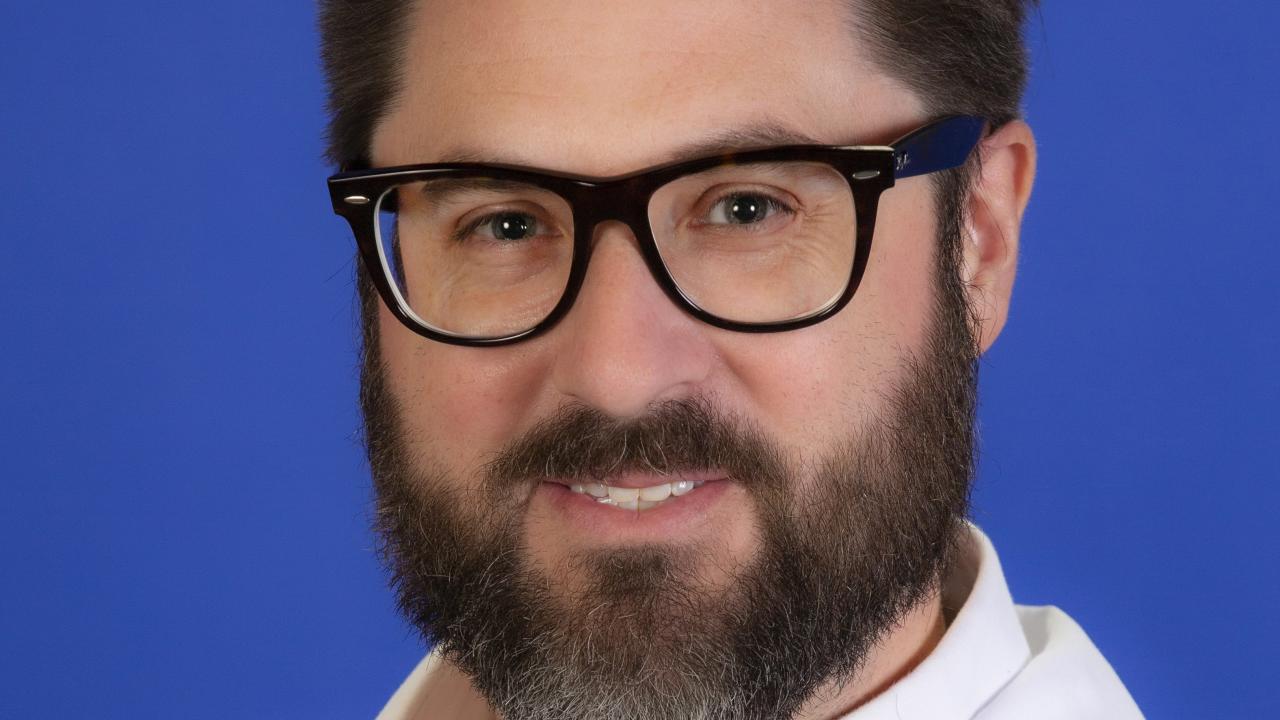
Event Date
MARK FEDYK, PHD
Associate Professor, School of Medicine
UC Davis
Abstract
Neuroethics is a field in its infancy. After reviewing a brief history of the field of neuroethics, and introducing several fundamental organizing distinctions -- e.g. Roskie's distinction between the ethics of neuroscience and the neuroscience of ethics -- I build towards an argument that some projects at the interface of neuroscience and neuroengineering are ethically novel. By this I do not just mean that existing, standard ethical frameworks and principles must be reworked for them to apply to the relevant research. Rather, the novelty is one that requires methodological innovation in ethics, as the properties of the research require us to adopt methodology that tightly links developing the elements of a regulative framework with the development of relevant engineering science for the relevant ethical framework to be of any normative use. I use Dr. Alok Srivastava's (Biological Engineering Collaboratory) analysis of the history of innovation of single molecule biochemistry to construct some analogies that help us identify both novel ethical questions and problems and, more importantly, some preliminary ideas about scientifically grounded strategies capable of resolving some of these questions/problems.
Bio
Dr. Fedyk received his doctorate in Philosophy from Cornell University, where, in addition to studying ethics and moral psychology, he cross trained in cognitive science and developmental psychology. He is an associate professor in the School of Medicine at UC Davis. His primary research consists of building conceptual modules that can be smoothly integrated with clinical practice in nursing and medicine, models that increase the ability of clinicians to solve concrete yet complex real-world ethical problems.
Dr. Fedyk is also interested in a cluster of methodological problems having to do with how scientific progress can be a source of ethical progress, and ethical progress a source of scientific progress. Dr. Fedyk is IOR for several courses at UC Davis Health, including research ethics, clinical ethics, applied statistics, philosophy of science, and health systems science.
This event has both in-person and remote options. Please register at this link:
